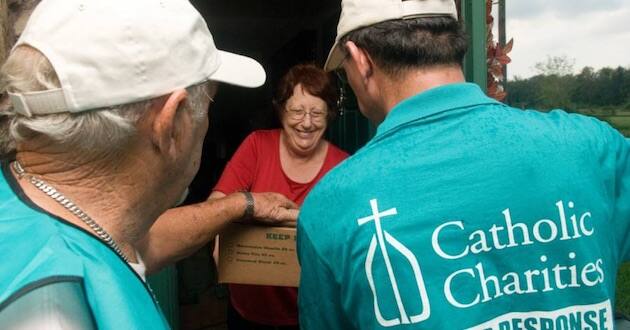Churches and faith-based organizations are eligible for loans under the recently passed CARES Act.
Jovita Carranza, head of the Small Business Administration, announced that houses of worship and faith-based organizations are eligible to participate in the new law’s Paycheck Protection Program and the Economic Injury Disaster Loan program. Both programs are part of the CARES Act signed by President Trump and designed to help businesses stay afloat and pay their employees during the coronavirus pandemic. The business and organizations must have fewer than 500 employees.
READ: How churches can weather the pandemic financial storm
“Following the passage of the emergency economic relief assistance, the administration and Congress acted to ensure that small businesses and non-profits alike have access to critical funds to keep their workers paid and employed,” Carranza said in a statement. “Faith-based organizations have always provided critical social services for people in need, and SBA will make clear that these organizations may access this emergency capital.”
The $2 trillion law includes $350 billion for small businesses and organizations. An SBA press release said churches and faith-based groups are eligible “without restrictions based on their religious identity or activities.” An FAQ document from the Small Business Administration says, “No otherwise eligible organization will be disqualified from receiving a loan because of the religious nature, religious identity, or religious speech of the organization.”
First Liberty Institute commended the Trump administration for clarifying that churches and faith-based organizations are eligible. Prior to Carranza’s announcement, First Liberty Institute had raised concerns that an old regulation might prohibit some churches and faith-based groups from participating. At issue were nondiscrimination regulations, according to Baptist Press.
Some churches and faith-based organizations, however, may choose not to participate. Chuck Bentley, CEO of Crown Financial Ministries, urged caution.
“Our bottom line is that we think we should not accept any taxpayer funds for our ministry, and that we should trust the Lord to provide,” he said. “At the same time, I don’t think it is sinful for others to accept these funds if it is paid back in full.”
–Alan Goforth | Metro Voice









